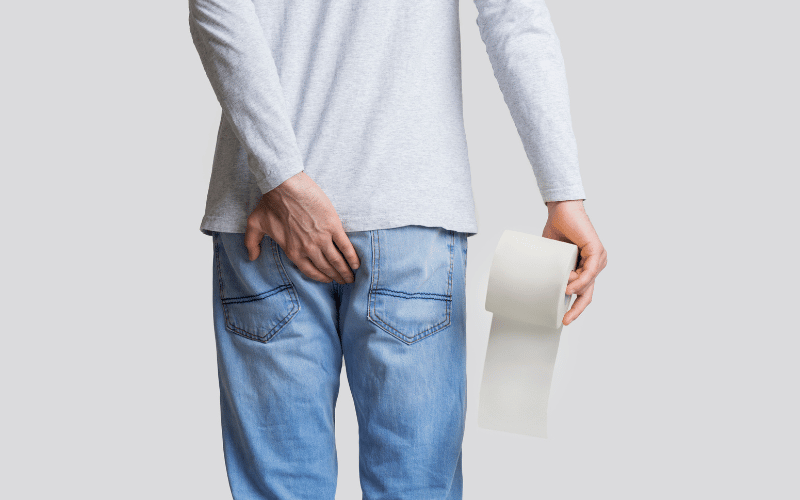Fact 6: Complications

While surgery remains a prominent treatment option for anal fistulas, it doesn’t come without its potential setbacks. Post-surgical infections, while not frequent, can happen. And if they do, they’re likely to prolong the healing process, pushing the patient back several steps.
Here’s the rub. Some fistulas meander close to the anal sphincter muscles, which control bowel movements. Treating these fistulas, especially if the surgical route is chosen, can sometimes weaken these muscles. The fallout? Issues with bowel control, which, needless to say, can significantly affect daily life.
Now, imagine going through the entire diagnosis and treatment process, only for the fistula to return. Frustrating, right? And yet, it’s a possible scenario. Some fistulas, especially those stemming from conditions like Crohn’s disease, can be particularly stubborn, making a return appearance despite treatment.
Left untreated, a fistula can progressively damage the surrounding tissue. We’re talking about the spread of infection, abscess formation, and potential skin complications. Over time, these issues can compound, leaving the patient grappling with an increasingly complex medical situation.
Physical complications aside, there’s also the mental toll. Constant discomfort, frequent doctor visits, potential surgery, and the omnipresent fear of complications can weigh heavily on a patient’s mind. Over time, these concerns can take a toll, affecting one’s emotional well-being and overall quality of life. (6)